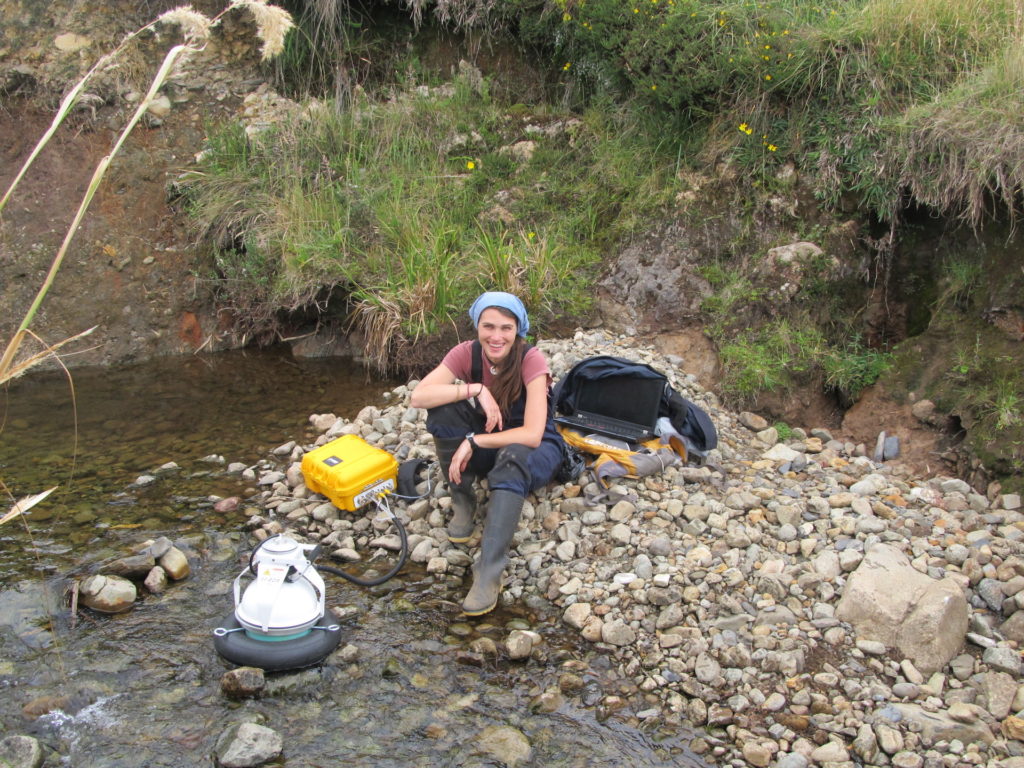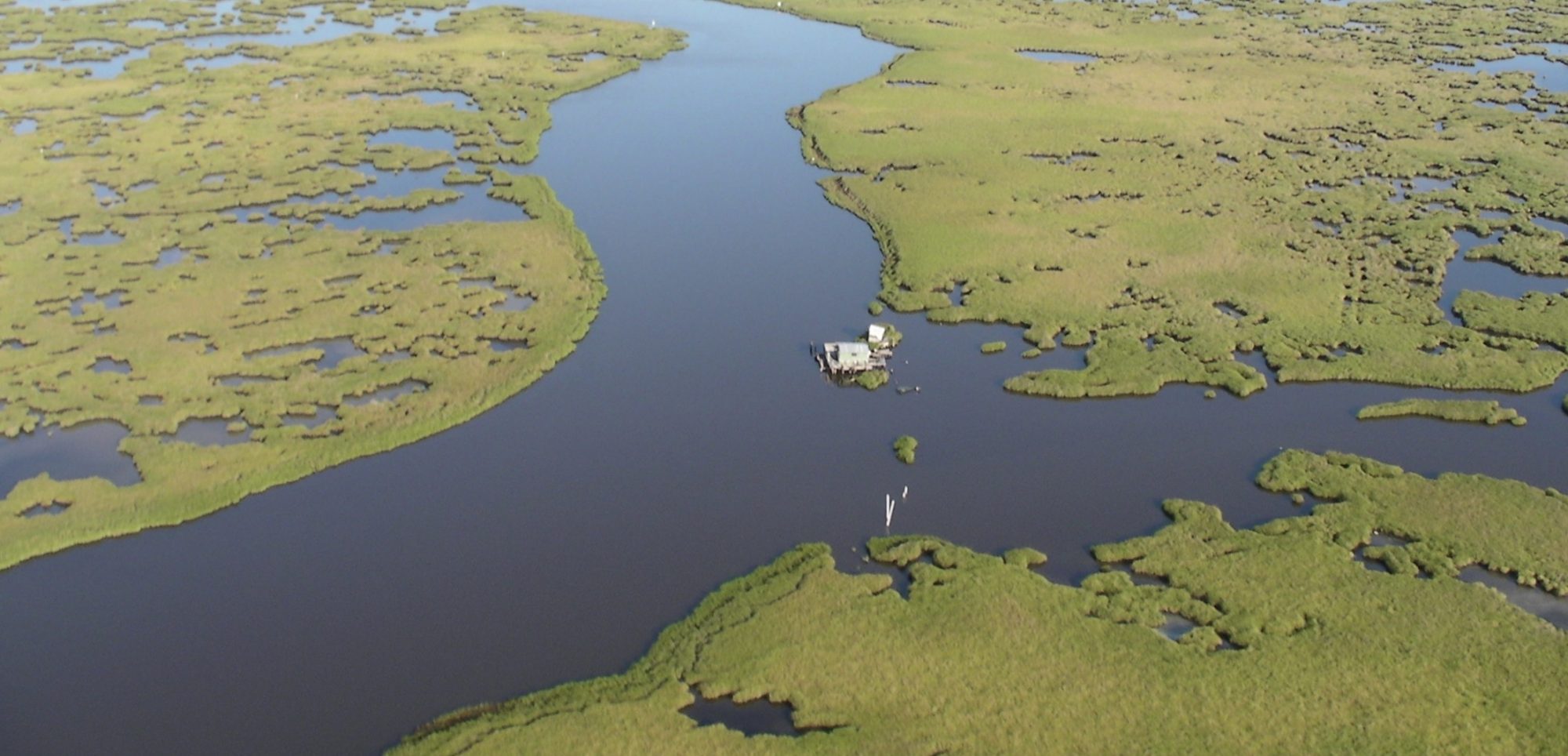
Ph.D. Candidate, University of Tennessee
Field Travel Grant Type 1
Assessing hydrologic controls on carbon-cycle processes in constructed agricultural wetlands
“In spite of decades of research, balancing the global C budget remains a challenge. Wetlands are among the most significant terrestrial C sinks and account for more than 30% (>500 Gt C) of global terrestrial C. In spite of their significance to the global C budget, wetland ecosystems have been greatly diminished due to anthropogenic land-use change, with more than 50% of wetlands in the United States lost to agricultural development since the early 1600s. As wetland ecosystems are reintroduced as agricultural conservation strategies for erosion and runoff mitigation, constructed agricultural wetlands (CAW) have the potential to play a significant role in C budgets within agricultural landscapes. However, little is known about C-cycle processes that drive C sequestration and emission in CAW, and how these processes are affected by wetland hydrologic regime. A better understanding of the linkages between hydrologic and biogeochemical cycles provides an account of the ‘missing’ C in terrestrial studies and will provide the information necessary to design and construct CAW optimized for C sequestration. The main objectives of this project are to assess the effects of hydrologic regime on soil organic C (SOC) accumulation, exports of aqueous C in drainage waters, and respiration of carbon dioxide (CO2) at the soil- and water-atmosphere interfaces in two CAW.”
